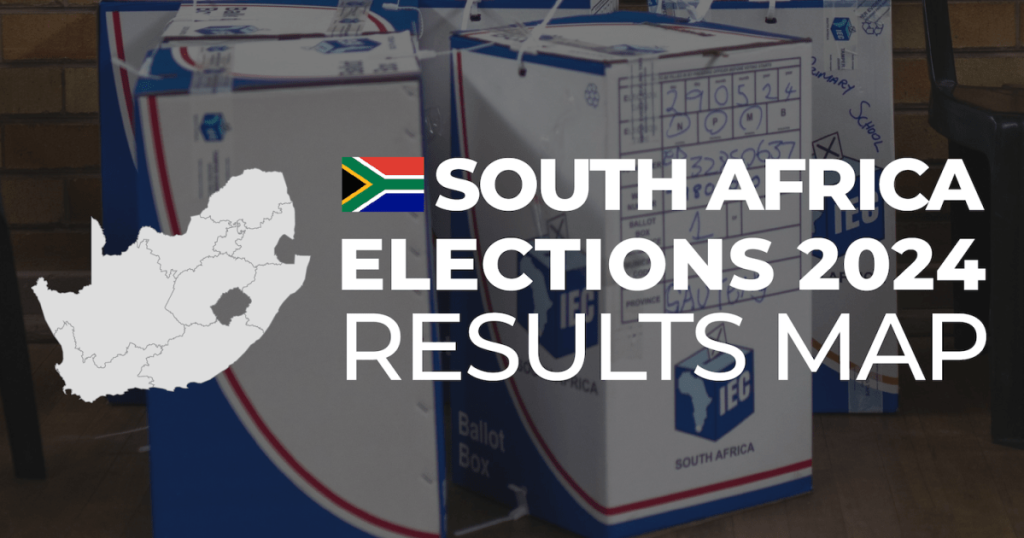The African National Congress (ANC) has lost its parliamentary majority in South Africa’s recent elections, receiving only 40.21 percent of the votes. This marks the first time since the end of apartheid in 1994 that the ANC will need coalition partners to form a government. The Democratic Alliance (DA) received the second-highest number of votes, and the Electoral Commission of South Africa will announce the official results on Monday.
The voter turnout for the election was the lowest in South Africa’s 30-year democratic history, with only 58.61 percent of registered voters casting their ballots. The decline in voter turnout has been observed over the years, with a peak of nearly 90 percent turnout in 1999. The ANC managed to secure a majority in five out of nine provinces, while other provinces require coalition partners for governance.
In the South African electoral system, the president is not directly elected by the people but by the members of the National Assembly. The newly elected National Assembly must hold its first sitting within 14 days of the election results to swear in members and elect a speaker. The president of South Africa is then elected by a simple majority of 201 or more votes, who appoints the cabinet and forms the government.
Despite the ANC’s poor performance in the recent elections, President Cyril Ramaphosa has indicated he will not resign and is seeking a second term. However, some opposition parties have ruled out coalition deals unless Ramaphosa steps down. The ANC has seen a decline in its electoral performance over the years, with its lowest margin of victory in the 2019 elections.
The current National Assembly comprises 400 members from 14 political parties, with the ANC holding the majority of seats at 57.5 percent. The DA, EFF, and Inkatha Freedom Party (IFP) also have significant representation in the assembly. The process of forming a government, including appointing ministers, usually follows the election of the president and is completed within a couple of weeks to ensure continuity of governance.
The future political landscape in South Africa remains uncertain as the ANC navigates coalition negotiations to form a government for the first time in the post-apartheid era. The balance of power among political parties and the potential impact on policy decisions and governance will be closely watched as the country moves towards a new era of political cooperation and coalition-building.


